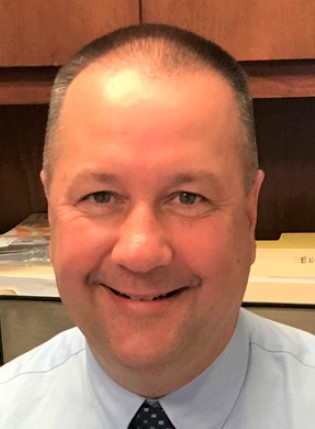WESTFIELD — The Mullin Rule was approved by the City Council Sept. 16 by a majority vote after being recommended by the Legislative and Ordinance Committee.
The Mullin Rule, Section 23D of state law, allows a member of any municipal board, committee or commission holding an adjudicatory hearing to vote even if the individual missed one hearing, if that individual signs an affirmation that he or she watched a video recording or read a transcription of the meeting.
Ward 6 Councilor William Onyski, who chairs L&O, said every board or commission can use the rule, but it’s up to the individual that missed a meeting whether or not to use it. He said, for example, if he were to miss a public hearing, he would not have to get the video recording and watch it, and could choose not to vote. Conversely, the council president could not tell him that he couldn’t vote if he missed a meeting.
Onyski said a signature page needs to be submitted before the vote and made part of the public record. If someone comes in 20 minutes late to a meeting and misses the hearing, a similar affirmation that that person had watched the recording would need to be submitted.
At-large Councilor Dave Flaherty said he supports the Mullin Rule, but is concerned that Westfield boards don’t transcribe their meetings word-for-word. He agreed to support it because the voting member has to sign a legal document.
“I don’t see how we can be in favor of this, knowing there are no transcripts,” said At-large Councilor Dan Allie.
“It’s a recording or a transcript,” Onyski responded.
At-large Councilor Kristen Mello said while she is in favor of the rule in principle, she also believes the technology is not in place. She said not all meetings are recorded, they are not closed-captioned, and there are no transcriptions.
“It feels like we’re not ready to say yes to this,” she said.
Flaherty said those meetings should be recorded.
“This law is an option, not a requirement. Still, we should encourage every other public hearing to be recorded,” he said, adding, “Not having meetings recorded is a decision of the corner office,” a reference to Mayor Donald Humason Jr.
“Not having things recorded is clearly not our choice. It’s the choice of somebody in the corner office who has control of the PEG [cable access television] account. People who work in that department have the capability to do this, and are waiting to be told to execute it. It’s our job to make that message pretty clear; Mr. Mayor, we want all meetings to be recorded,” Flaherty said.
“I completely agree with you,” Mello said. “I think it is the exact right thing at the wrong time. The technology exists, we have the money for it, we’re not doing it,” she added.
Onyski said he believes the Mullin Rule might be a catalyst for other committees to get recorded.
At-large Councilor Cindy C. Harris said she believes that the council should be looking at the public during public hearings.
“It’s important for councilors in particular to be here. I hope we’re going to encourage everyone to attend public meetings, and not just say I watched a video and signed a paper,” she said.
‘We certainly always want to be accountable to the public, we certainly always want to be accountable to our fellow councilors, to the mayor if he’s presenting, to any department head that’s presenting,” said Ward 1 Councilor Nicholas J. Morganelli Jr., who asked if the committee had considered limiting the number of times a year someone could use the Mullin Rule.
“I think if any of us here decided that it’s a good idea to avoid meetings, we have elections that take care of that,” said Ward 5 Councilor John J. Beltrandi III.
At-large Councilor James Adams said he agreed with the rule, and felt the Planning Board might use the Mullin Rule the most. He said he thought it would be fairer to businesses, who could get “shot down” because somebody missed a meeting and they needed that vote.
Morganelli asked for clarification that the Mullin Rule does not apply if the individual misses the meeting at which the vote is taken. All votes must be live, he was told.
Ward 2 Councilor Ralph J. Figy, who initially brought the Mullin Rule to the council, said it can only be used once on any given matter.
“Let’s say a public hearing extends over four dates and you missed two meetings, you would be ineligible to vote,” he said, adding there are parameters in place for the rule, which was first enacted in 2008.
Council President Brent B. Bean II asked if the Mullin Rule was retroactive. He said he missed the first hearing on a matter before the council, and asked if he could vote on it in the future if he signed a paper saying he watched the recording. Onyski said he could, according to the law.
The vote was 10 to 2, with Allie and Mello voting no, with one absence.








